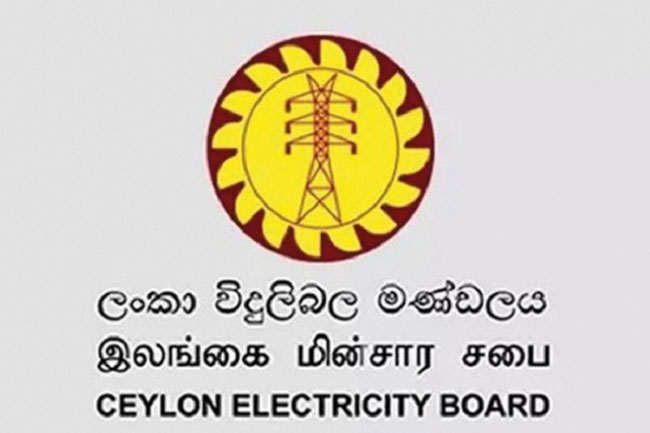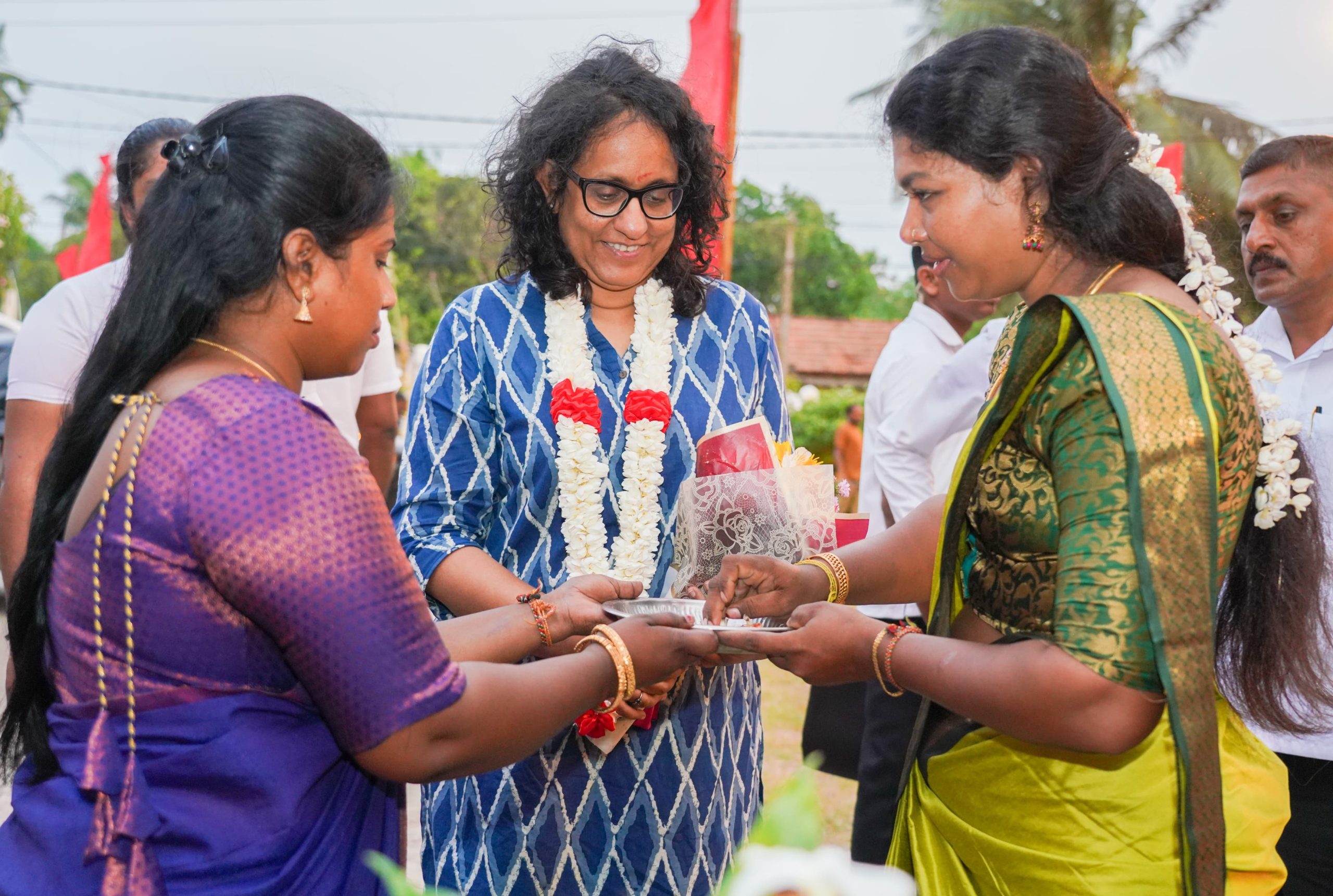News
Lanka cuts maternal deaths, faces rise in low birth weight babies

Sri Lanka has achieved a significant milestone in maternal health, reducing maternal mortality to 25 deaths per 100,000 live births in 2023—a feat the World Health Organization (WHO) describes as “remarkable.” This progress, attributed to the country’s strong and inclusive healthcare system that ensures free and equitable access to maternal services, was highlighted in a statement marking World Health Day 2025, themed “Healthy beginnings, hopeful futures.” However, the WHO also raised concern over a rising trend in low birth weight among newborns, emphasizing the urgent need to investigate underlying factors, particularly the role of maternal nutrition.
Maternal and newborn health statistics remain alarming. Each year, nearly 300,000 women die due to pregnancy or childbirth complications. Over 2 million newborns do not survive beyond their first month, while another 2 million are stillborn. This equates to a preventable death every seven seconds, causing immense suffering for families worldwide. Many of these tragedies could be prevented with better access to quality prenatal, delivery, and postnatal care, alongside stronger healthcare systems that prioritize maternal and newborn well-being.
Since 2000, global efforts have led to a 40% reduction in maternal mortality, dropping from 446,000 deaths in 2000 to 260,000 in 2023. However, disparities persist. In 2023, Sub-Saharan Africa accounted for approximately 70% of global maternal deaths, with Central and Southern Asia contributing another 17%.
To meet Sustainable Development Goal (SDG) 3.1, reducing global maternal mortality to fewer than 70 deaths per 100,000 live births by 2030, intensified efforts are needed. A significant milestone was achieved in May 2024 with the adoption of the WHA77 resolution, urging nations to remove barriers, expand access to quality healthcare, and reorient health systems toward primary healthcare.
Sri Lanka has made remarkable progress, reducing maternal mortality to 25 per 100,000 live births in 2023. This achievement stems from a robust healthcare system that offers free and equitable maternal health services. Key success factors include the professionalization of midwifery, data-driven decision-making, and continuous improvements in care quality. Moving forward, ensuring not only access but also effectiveness in maternal care is crucial. Enhancing prenatal and postnatal services, addressing healthcare access disparities, and integrating advanced medical interventions will be essential in further improving outcomes.
To support maternal health initiatives, World Health Organization, in collaboration with Sri Lanka’s Ministry of Health, conducted a webinar series in commemoration of World Health Day 2025. The sessions focused on maternal nutrition, maternal mental health, and maternal empowerment.
The inaugural webinar, “Nurturing the Future: Maternal Nutrition for Healthy Beginnings,” took place on April 1st, featuring esteemed international and national speakers and focused on maternal nutrition. While making significant progress in reducing maternal mortality, Sri Lanka’s attention has shifted to ensuring quality maternal health outcomes that contribute to healthy beginnings for both mothers and infants. A newborn’s birth weight is a key indicator of pregnancy outcomes and is directly influenced by maternal nutrition. It also has long-term implications for health and development. However, recent studies indicate a rise in low birth weight babies, highlighting the urgent need to examine the underlying causes and the role of maternal nutrition. It also has long-term implications for health and development.
Maternal health is shaped by various factors, including socioeconomic conditions, education, emotional and physical well-being, and obstetric care. The ongoing economic downturn poses challenges, potentially affecting access to nutritious food and healthcare services for expectant mothers. While anaemia during pregnancy remains a concern, the underlying causes have evolved, with a decline in iron deficiency. This calls for more targeted nutritional interventions to address persistent anaemia levels and improve overall maternal health.
This webinar on Maternal Nutrition, explored the significant progress Sri Lanka has made in reducing maternal mortality while emphasizing the need to shift our focus toward improving the quality of maternal health outcomes. The global and regional nutrition trends along with the national nutritional landscape were explored, highlighting key challenges such as low birth weight and small-for-gestational-age births. The importance of addressing anaemia, ensuring adequate weight gain during pregnancy, and tackling both undernutrition and overnutrition were underscored. While positive strides have been made, the looming concerns posed by economic downturns and rising poverty were acknowledged, calling for more evidence-based interventions and policies to safeguard maternal nutrition.
Maternal Mental Health: Resilient Mothers, Mental Wellness Matters
The second webinar, “Resilient Mothers: Mental Wellness Matters,” held on April 2nd shed light on an often-overlooked aspect of maternal well-being.
Latest News
Temporally pause rooftop solar during day time from 13th to 21st April -CEB

The Ceylon Electricity Board has appealed to all rooftop solar owners across the country to voluntarily switch off their solar systems during day time hours (until 3pm each day) from April 13th to 21st to prevent partial power outages or nationwide blackouts which may occur.

News
Government remains committed to ensuring peace and stability across the country – PM

The Prime Minister Dr. Harini Amarasuriya stated that the people of Sri Lanka should no longer be burdened by conflict and the Government remains committed to ensuring peace and stability across the country, with the government and the public service must discharge their duties to meet the needs of the people.
The Prime Minister made these remarks while addressing public gatherings held in Velanai, Nallur, and Vadamarachchi.
The Prime Minister said that:
“There are numerous issues regarding infrastructure development in the Northern Province ranging from roads, drinking water supply, agriculture, and unemployment, to education and health sectors.
Many of these development tasks fall under the responsibility of local governments and provincial councils that represents your areas. However, these responsibilities have not been properly discharged.
While it is said that the issues raised in the North and East were caused by the war, 16 years have passed since the end of the war. What real change has taken place? Have the lives of the people in these areas has improved?
Although the central government allocates funds to provincial governing bodies, there should be a transparent mechanism in place to ensure that these funds are properly utilized for the relevant projects.
On May 6th, you will hold the decisive right to elect the local government closest to you that will work to uplift your lives and develop your communities. Elect representatives who are committed to serving the people, and free of fraud and corruption.
The government is actively participating in lifting the country from its fallen state and to overcome the current economic challenges. We accept that there is a long way to go. The prices of goods are still high but the government is currently working towards a change, and the people will receive the benefits in the near future.
Measures have been taken to increase the basic salary of public servants from this year’s Budget. The public service must commit to discharging duties with dedication. This must be not only a people’s government, but also a public service that belongs to the people.
Even after the independence, this country has seen much bloodshed and conflict. The people have suffered greatly as a result. The government is determined to ensure that such a situation never arises again. Therefore, the government is committed to fostering peace within the country.”
The event was attended by Minister of Fisheries Ramalingam Chandrasekar, along with several Members of Parliament and local representatives in the North.
[Prime Minister’s Media Division]
News
Focus on streamlining Research and Development activities related to defence sector

A meeting organized by the National Initiative for Research & Development Commercialization (NIRDC) was held on Thursday (10) at the Presidential Secretariat to streamline and commercialize research and development activities in the defence sector.
Participating institutions included the Centre for Defence Research and Development under the Ministry of Defence, the Sri Lanka Army, Navy and Air Force, the General Sir John Kotelawala Defence University and the Research and Development Division of the Sri Lanka Police.
The NIRDC Unit, established under the Presidential Secretariat, aims to accelerate national development by facilitating investment opportunities to commercially apply completed or nearing completion research projects from both public and private institutions.
Defence institutions play a critical role for the progress of technology and science in relation to national security and development. Acknowledging this importance, the meeting was chaired by Senior Advisor to the President on Science and Technology, Professor Gomika Udugamasuriya.
During the meeting, it was discussed in detail regarding the completed and on-going research and development projects within the defence sector, as well as those planned for the future. Special attention was given to identifying opportunities for collaboration among research and development units, enhancing innovation capabilities, and exploring ways to share resources effectively.
The discussion focused on identifying opportunities for collaboration between research and development units relevant to these sectors, enhancing innovation capabilities and exploring ways to share resources effectively. It also examined possible steps to strengthen coordination between civil and defence research institutions. The discussion concluded productively, with several innovations identified that have the potential for future commercialization.
The event was attended by Senior Additional Secretary to the President (Finance and Economic Affairs) . Russel Aponsu, NIRDC Director General Dr. Muditha D. Senarath Yapa, Director (Investments) . Idunil Gunathilaka along with other officials.
[PMD]
-

 Business6 days ago
Business6 days agoColombo Coffee wins coveted management awards
-

 Features7 days ago
Features7 days agoStarlink in the Global South
-

 Features2 days ago
Features2 days agoRobbers and Wreckers
-

 Features4 days ago
Features4 days agoSri Lanka’s Foreign Policy amid Geopolitical Transformations: 1990-2024 – Part III
-

 Features7 days ago
Features7 days agoModi’s Sri Lanka Sojourn
-

 Midweek Review4 days ago
Midweek Review4 days agoInequality is killing the Middle Class
-

 Features6 days ago
Features6 days agoSri Lanka’s Foreign Policy amid Geopolitical Transformations: 1990-2024 – Part I
-

 Features5 days ago
Features5 days agoA brighter future …











